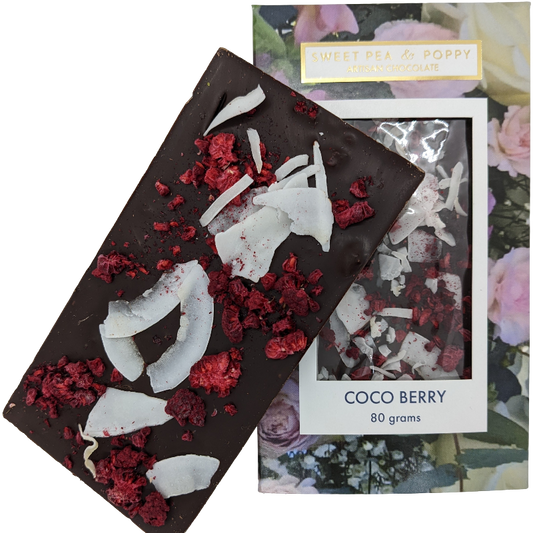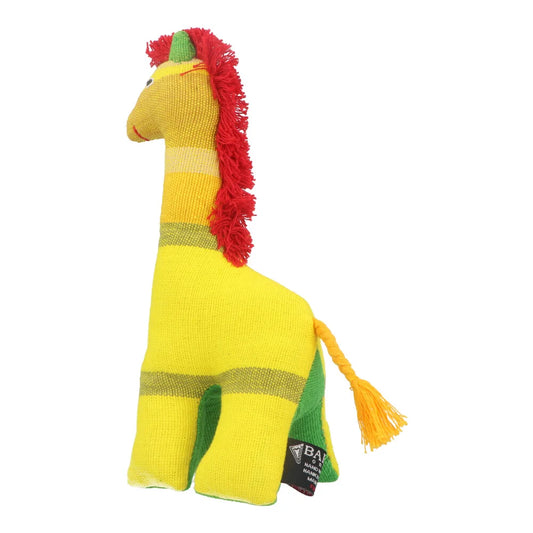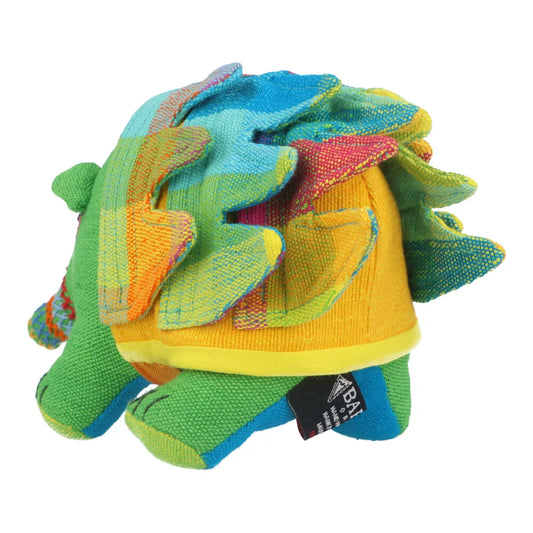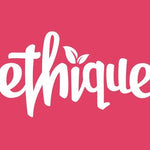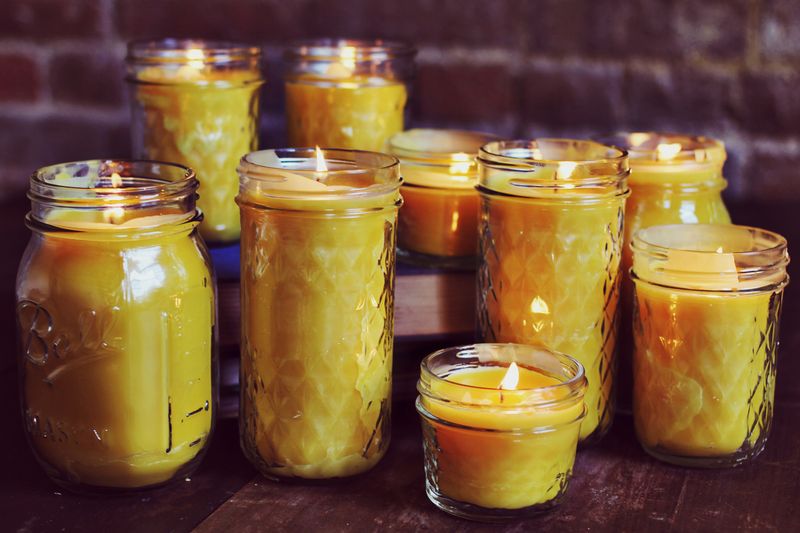 Source: www.abeautifulmess.com
Source: www.abeautifulmess.com
Lighting a candle at the end of a busy day or week is a wonderful way to unwind and de-stress. We can help you choose a non-toxic, healthy candle that suits your values. Pure Australian beeswax candles and soy, coconut or hemp wax candles are the best choice over regular paraffin candles. Beeswax candles are the most pure, closest to nature and can have fantastic benefits for your health and indoor air quality, while a non-GMO, sustainable, 100% plant wax is the best solution for vegans.
Candles to avoid
Candles are made from many products, paraffin wax being the most common. Since paraffin wax is a by-product of fossil fuels, burning paraffin candles produces emissions that can compromise indoor air quality. Toxic chemicals are released into the air when paraffin candles are burned, including known carcinogens toluene and benzene. Artificial fragrances and dyes used in these candles also give off phthalates and other harmful chemicals when burnt; and the wicks of cheap candles often contain lead.How to choose plant wax candles
Waxes made from plants, such as soy, coconut or hemp are a natural and much healthier alternative to paraffin candles, and are ideal for vegans who wish to avoid beeswax and petrochemicals. However, always be sure that the candle packaging states the full ingredients, not merely vegetable wax or plant wax, and that it is 100% paraffin free. Many "soy" candles contain only a small percentage of soy wax, and the rest is palm oil or paraffin. Take care with soy in particular because there are well-known concerns about soy--soy crops are a major cause of deforestation in South America, are often genetically modified, use a lot of pesticides, and soy requires intensive processing to produce the wax. So if you are looking to purchase a soy candle, keep the following in mind:- Be sure that the soy wax used in making the candles has been derived from non-GMO soy that is grown outside of South America.
- Ensure the packaging states 100% soy and that it contains no paraffin or palm oil.
- Aim to choose scent free, but if you prefer a scented candle look for soy candles fragranced with only pure essential oils.
- Check that the wick is pure cotton, and does not contain lead or zinc.
The beauty of Australian beeswax candles
Beeswax is the most pure, minimally processed of candle waxes. Beeswax gives off a gentle honey scent when burned making these candles ideal for everyone who enjoys the relaxing ambiance, but not overpowering fragrance. Beeswax candles are also known to purify the air you breathe. When it is burned, beeswax is said to release negative ions. Pollen, dust, odours, bacteria and other pollutants are suspended in the air as they have a positive charge. The negative ions that are emitted when beeswax burns bind with the positive ions. This in turn creates a complete molecule, which is heavier than the air and falls to the ground. By burning beeswax candles and vacuuming each week, you can keep your house free of pollen, dust and other pollutants naturally. Well made, quality beeswax candles have a longer burn to a paraffin or soy candle. They also have a more golden flame because the wax is left as is and not bleached with chemicals. When purchasing a beeswax candle, look for the following:- Pure, Australian, high quality beeswax that has been harvested and produced sustainably;
- A pure cotton wick that does not contain lead or zinc; and
- Beeswax that has been left natural and not dyed or fragranced.
Here at Biome we love Queen B beeswax candles. They are made with 100% Australian beeswax by talented artisans in Sydney. You can see the love and care that has been put into creating each individual Queen B candle, which makes them a wonderful addition to any home. Shop the Queen B range here > Sign up to our newsletter to receive ideas to live a more eco and ethical lifestyle, plus exclusive specials to make it easier for you >
Shop our range of beeswax birthday candles >Further reading http://www.anapsid.org/cnd/mcs/candles.html http://www.huffingtonpost.com/margie-kelly/genetically-modified-food_b_2039455.html http://www.queenb.com.au/why-beeswax






